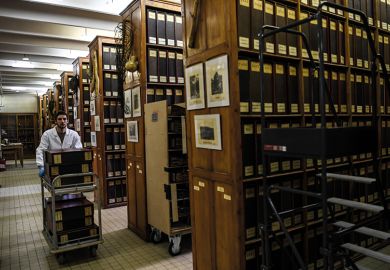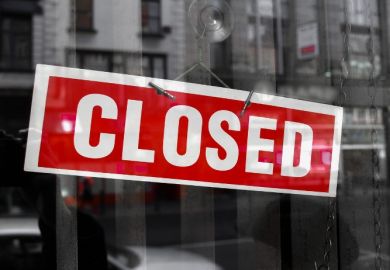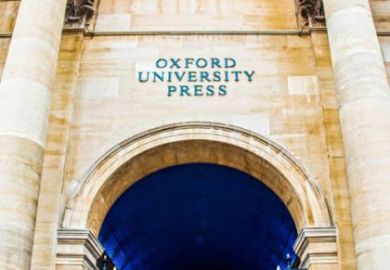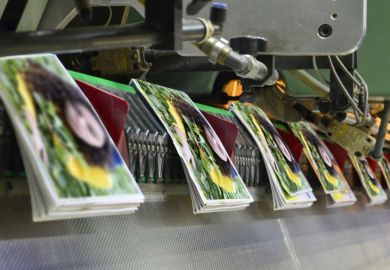The world’s largest commercial publishers may see their dominant market position enhanced by a European initiative to make publicly funded research immediately available in open access format, it has been warned.
Advocates of Plan S have claimed the shift to open access will rein in the power and profits enjoyed by large academic publishers, including Elsevier, which last month posted profits of nearly £1 billion in 2018.
Critics have, however, questioned whether the project may actually strengthen the hand of multinational publishers at the expense of smaller publishers, including those run by learned societies, many of which rely on income from subscription-based journals.
These titles would be off-limits to publicly funded researchers after the implementation of Plan S, which was announced by Science Europe in September and received backing from funding agencies in 14 countries, as well as the European Commission.
Speaking at London Book Fair, James Rivington, head of publications at the British Academy which funds humanities and social science research, said many journals run by learned societies may struggle to adapt to Plan S rules (which come into effect in January 2020) and may seek commercial alliances to survive.
“The people who are most able to comply [with the changes] are big publishers and learned societies may be required to establish larger connections to these big publishers,” said Mr Rivington, who added that “it might be that the position of big publishers is embedded further”.
Mr Rivington also questioned the impact of Plan S on the humanities and social science scholars as the “vast majority do not receive grant funding that allow for the large [article] processing costs” that are paid under open access models.
“It is interesting to hear how scholars working without [grant] support…should turn to their university for that money” for processing costs, added Mr Rivington, who said that, in many cases, “where [these university-provided funds] do exist, they are not enough and scholars have not always been successful in getting this money”.
Destroying the subscription-based model could limit the ability of smaller publishers to edit and disseminate journal articles written by scholars, the conference also heard.
“The amount [of work] we put in to help shape articles is far beyond peer review and it comes with a cost – we also put in a huge amount of work to market that content,” explained Julia Mortimer, journals director at Bristol University Press.
However, David Sweeney, executive director of Research England and co-chair of the Plan S implementation committee, said that “there has to be some discussion about whether these services are wanted” in light of concerns over the cost of some subscription journals.
Mr Sweeney also rejected claims from some publishers that Research England’s umbrella body UK Research and Innovation, which spends about £6 billion on research annually, was using its financial clout to drive the Plan S reforms.
“It is not an economic actor because it does not deal with publishers,” insisted Mr Sweeney, who said it was up to universities to cut their own deals with publishers.
Register to continue
Why register?
- Registration is free and only takes a moment
- Once registered, you can read 3 articles a month
- Sign up for our newsletter
Subscribe
Or subscribe for unlimited access to:
- Unlimited access to news, views, insights & reviews
- Digital editions
- Digital access to THE’s university and college rankings analysis
Already registered or a current subscriber?








